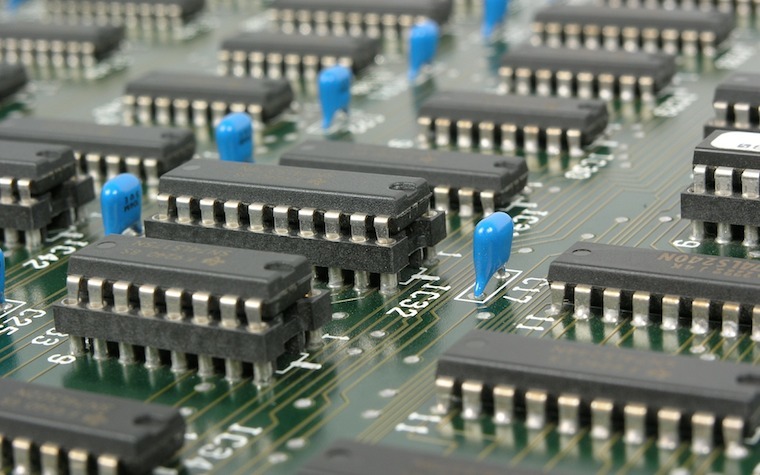Physicists from the University of Texas Dallas are researching topological insulators, materials whose external electrical properties are the opposite of their internal ones, and which could support more advanced electronics and powerful computers.
“These materials are made of the same thing
throughout, from the interior to the exterior,” Dr. Fan Zhang, assistant
professor of physics at UT Dallas, said. “But, the interior does not conduct
electrons — it’s an insulator — while the electrons on the surface are free to
move around. The surface is therefore a conductor, like a metal, but it is in
fact more robust than a metal.”
Topological insulators can be divided into two
categories, strong and weak. Zhang explained the difference by positing a topological
insulator cube, wherein a strong version would conduct electrons on all sides
and a weak one only on four, with the top and bottom still serving as
insulation. His research has focused on weak topological insulators, for which
he recently devised a new creation method.
“This class of materials we are proposing is a unique platform for exploring exotic physics with fairly simple chemistry,” Zhang said. “With further research and experimentation, our findings could lead to significant advances in technology, especially in electronics and quantum computing.”


 Alerts Sign-up
Alerts Sign-up